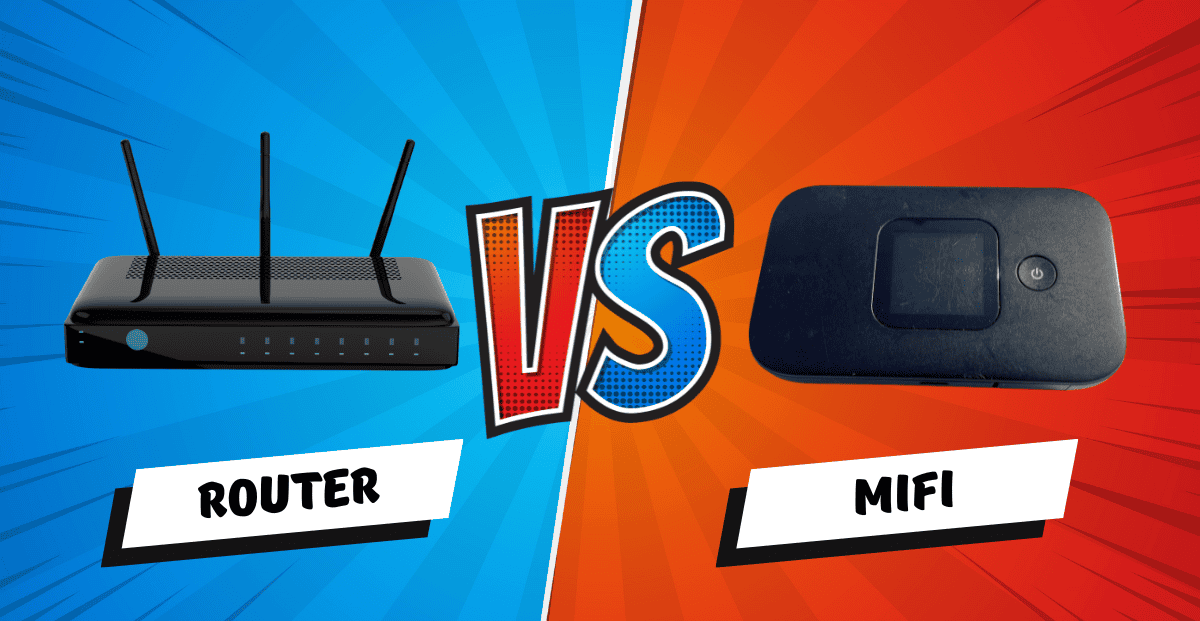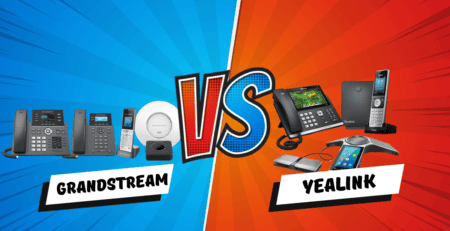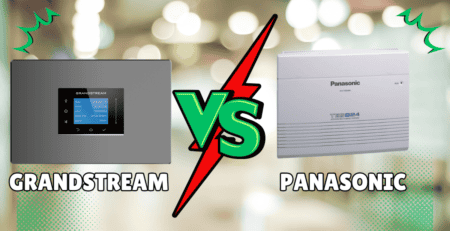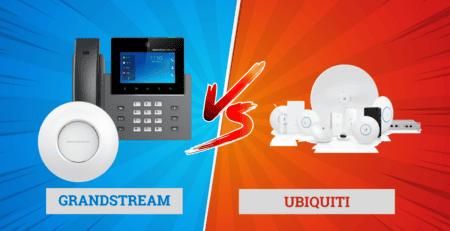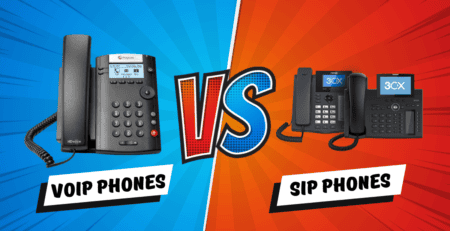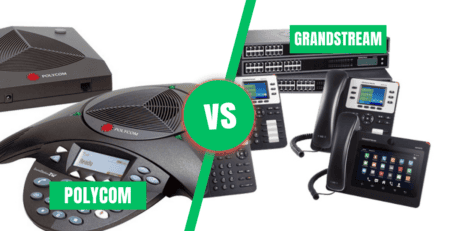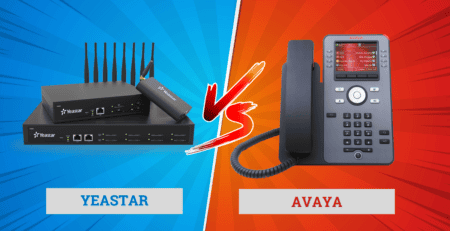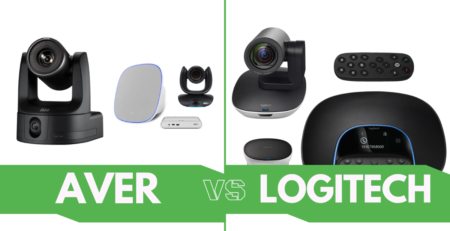Router vs. MiFi – Which One Is Right for You?
Are you struggling to decide between a router and a MiFi device for your internet needs? Well, you’re not alone. With the increasing demand for reliable and portable internet connections, it’s important to choose the right device that suits your requirements. In this article, we’ll dive into the key differences between routers and MiFi devices to help you make an informed decision.
Routers are the more traditional choice for connecting multiple devices to the internet within a fixed location. They offer greater coverage and stability, making them ideal for homes and offices. On the other hand, MiFi devices, also known as mobile hotspots, provide wireless internet connectivity on-the-go. They are compact, portable, and can be easily carried in your pocket or bag.
Key Takeaways
- Routers are ideal for fixed locations (homes/offices), while MiFi devices offer portable internet access.
- Routers provide better coverage, stability, and support for multiple devices.
- MiFi devices excel in mobility and flexibility of data plans.
- Consider your usage patterns, number of devices, budget, and mobility needs when choosing between router and MiFi.
- Routers offer more control and customization options, including security features.
- MiFi devices may have data limitations and depend on cellular network quality.
What’s really the Difference?
When it comes to connecting to the internet, routers and MiFi devices serve different purposes, each tailored to specific user needs. A router is typically a stationary device that connects multiple devices to a single internet connection.
In contrast, MiFi devices are compact mobile hotspots that use cellular data networks to provide internet access. A MiFi device can connect several devices, much like a traditional router, but its primary advantage lies in its ability to function without a fixed internet source.
| Feature | Router | MiFi |
|---|---|---|
| Mobility | Fixed location | Portable |
| Internet Source | Broadband connection | Cellular data network |
| Coverage Area | Larger (home/office) | Limited (personal space) |
| Ideal Use Case | Home, office | Travel, remote work, backup |
| Setup Complexity | Can be complex | Simple, plug-and-play |
| Customization | High (security, parental controls) | Limited |
While both devices provide wireless internet connectivity, the key differences lie in their form factor, connectivity options, and ideal use cases.
Advantages of Using a Router
The advantages of using a router extend beyond just providing internet access; they include enhanced features and capabilities that cater to various user needs. One of the most significant benefits is the range and stability of the internet connection. Routers are typically equipped with powerful antennas and advanced technology that allows them to cover larger areas within a home or office.
Additionally, routers offer more control and customization options for users. With a router, you can manage settings such as parental controls, guest networks, and bandwidth allocation, allowing you to tailor the internet experience to fit your household’s needs. This level of customization is particularly advantageous for families, as it enables parents to monitor and restrict access to certain content or manage screen time effectively.
Security is another key advantage of using a router. Most modern routers provide robust security features, including firewalls and encryption protocols, to protect your network from unauthorized access and cyber threats. This is particularly important as the number of connected devices in our homes continues to grow.
Advantages of Using a MiFi Device
MiFi devices come with their own set of advantages that appeal to a different type of user. The most notable benefit is portability, which allows users to carry internet access wherever they go. Whether you’re traveling for work or leisure, a MiFi device fits easily into a pocket or bag, allowing you to stay connected without relying on public Wi-Fi networks that may be unreliable or insecure.
In addition to portability, MiFi devices often provide flexibility in data plans. Many providers offer various options, including pay-as-you-go plans and monthly subscriptions, allowing users to choose a plan that best fits their usage patterns. This flexibility can be particularly beneficial for occasional users who may not need a constant internet connection.
Another advantage of MiFi devices is their quick setup and ease of use. Most MiFi devices require minimal configuration—simply turn them on, and they are ready to use. This user-friendly aspect makes them ideal for those who may not be tech-savvy or those who need a quick and hassle-free internet solution.
Disadvantages of Using a Router
Despite their many advantages, routers also come with a few drawbacks that users should consider. One significant disadvantage is that routers are typically fixed devices, meaning they require a stable internet connection from a service provider. This can be limiting for users who frequently travel or spend time in areas where traditional internet access is unavailable or unreliable. If your lifestyle necessitates constant mobility, a router might feel more like a burden than a benefit.
Another potential drawback is the complexity of setup and maintenance. While many modern routers come with user-friendly interfaces, setting up a home network can still be overwhelming for some users. Configuring settings such as network names, passwords, and security features may require technical knowledge that not everyone possesses. Additionally, maintaining a router, including updating firmware and troubleshooting connectivity issues, can be time-consuming and may require ongoing attention.
Lastly, routers can be more expensive in the long run, considering the additional costs associated with home internet service plans. Depending on your location and provider, these monthly fees can add up, making it a more significant financial commitment compared to a pay-as-you-go MiFi device. If you’re on a tight budget or don’t require constant internet access, the initial investment in a router and ongoing costs might not be justifiable.
Disadvantages of Using a MiFi Device
While MiFi devices offer numerous advantages, they also come with their own set of disadvantages that users should take into account. One major drawback is the potential for data limitations. Most MiFi plans come with a cap on data usage, and exceeding this limit can result in throttled speeds or additional charges.
Another significant concern with MiFi devices is their reliance on cellular networks. The quality and speed of your connection can vary greatly depending on your location and the strength of the cellular signal. In areas with poor coverage, you may experience slow speeds or even complete lack of access.
Lastly, MiFi devices often have a shorter battery life compared to routers, especially when used continuously. While many models come with rechargeable batteries, extended usage can lead to quick depletion, leaving you without internet access when you need it most. This is an important consideration for users who rely heavily on mobile connectivity throughout the day, as being tethered to a power source may not always be possible.
Ultimately, the right choice for you depends on factors such as your usage patterns, the number of devices you connect, and your budget. By carefully considering these aspects, you can make an informed decision that will ensure you have the best internet experience tailored to your needs—whether that be at home or on the move.

